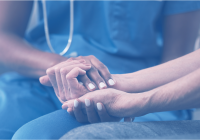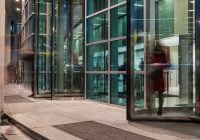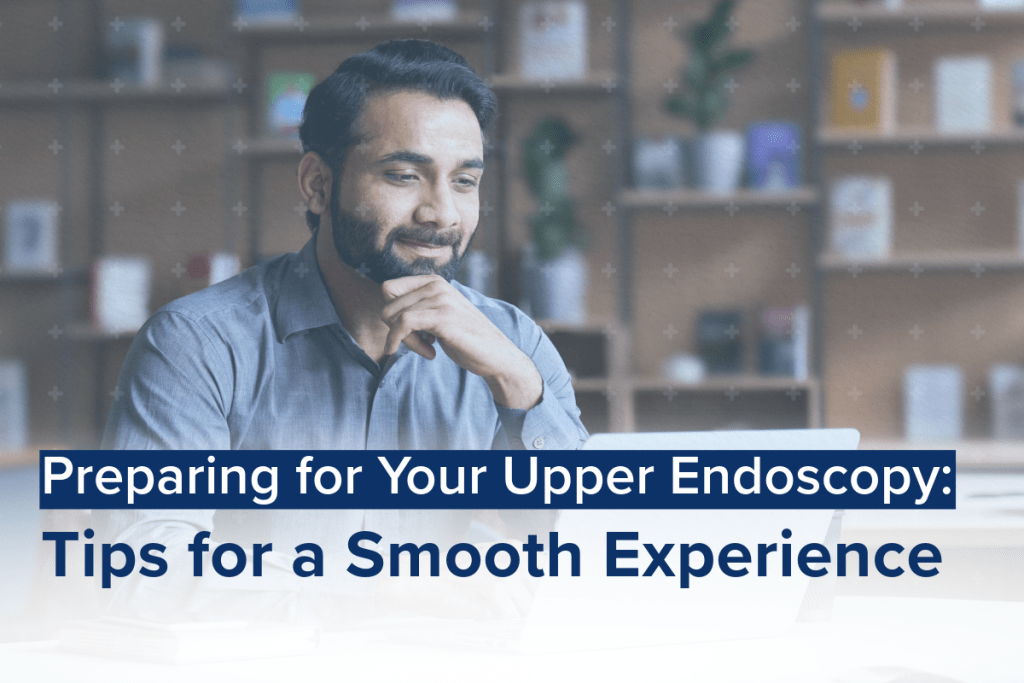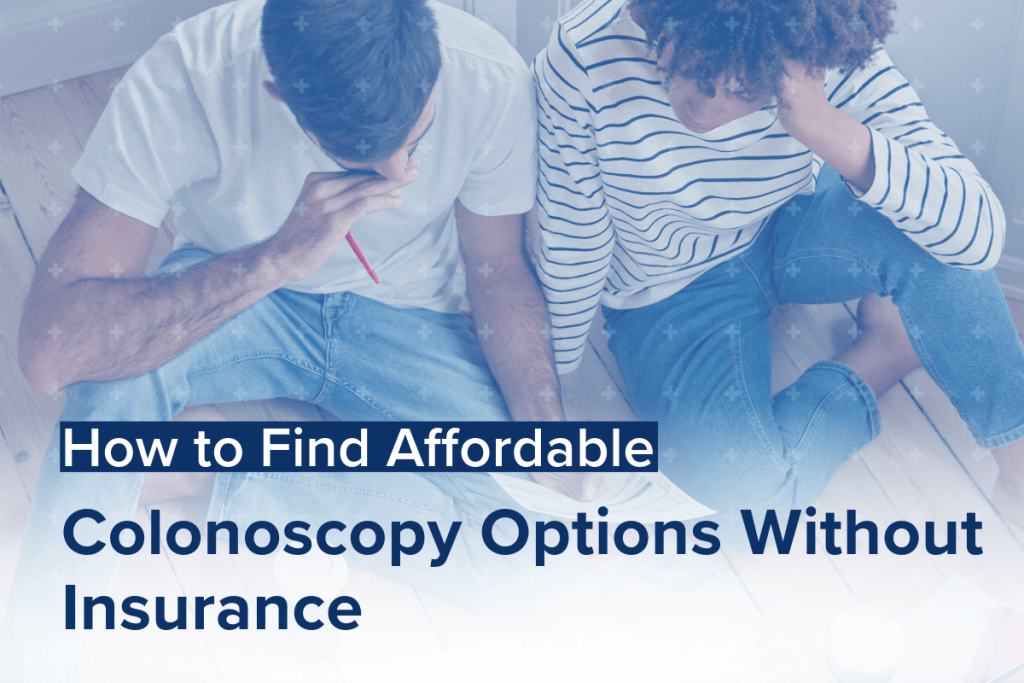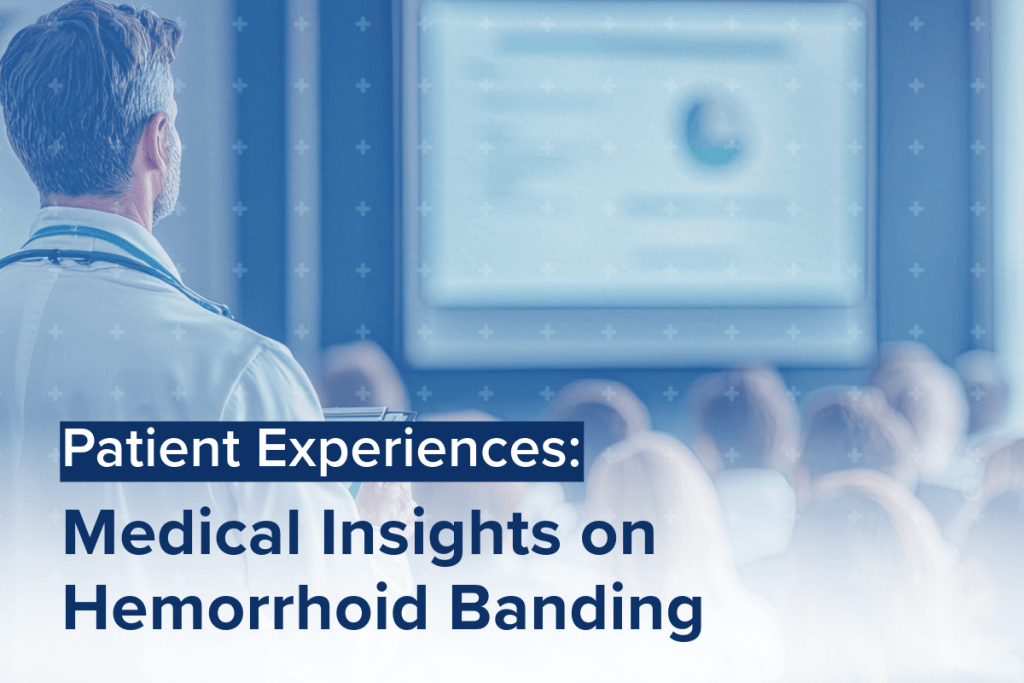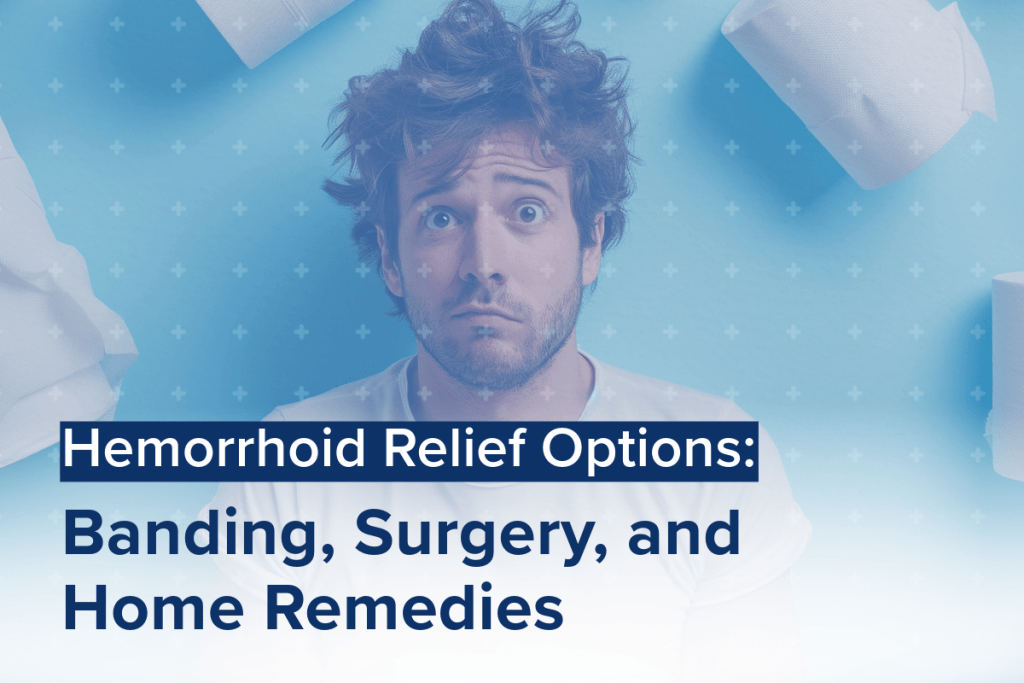Table of Contents
- The Importance of EGD Prep
- Step by Step Upper GI Endoscopy Prep Guide
- FAQ
- Additional Tips for a Smooth Experience
- ColonoscopyAssist: Your Care Companion
- Wrapping Up
Upper GI Endoscopies (EGD) are essential examinations for various gastrointestinal problems, and it may include a biopsy when required. Although the procedure is generally painless, proper preparation is crucial for a successful outcome. By adhering to these guidelines, you can assist your physician in obtaining precise results and ensure that the experience is as smooth as possible.
Here’s what you need to know.
Importance of Preparing for an Upper EGD
Prep is important for:
- Clear View: The purpose of an endoscopy is to give your doctor a clear view of your esophagus, stomach and duodenum or small intestine. An empty stomach means no food or liquid will obstruct the view. This clarity means an accurate diagnosis and treatment plan.
- Reduced Risk of Complications: Food or liquid in the stomach can interfere with the procedure and increase the risk of aspiration. Following the prep guidelines reduces this risk.
- Quick Procedure: Not prepping properly can mean delays or rescheduling. By following the instructions you can get in and out on time with no interruptions.
Step by Step Upper GI Endoscopy Prep Guide
1. Fasting Guidelines
Fasting is one of the most important parts of prep. Your doctor will tell you to stop eating solid food and drinking 6 to 8 hours before your procedure. This fasting period ensures your stomach is empty so there’s a clear view during the endoscopy. Even small amounts of food or liquid, including water, can obscure the doctor’s view and compromise the results.
Fasting Tips:
- Schedule your last meal so it ends before the fasting window starts.
- Eat light, easy to digest foods the day before and avoid heavy or greasy meals.
- Set an alarm or reminder to stop eating and drinking on time.
2. Medication Management
Some medications can make it harder for your doctor to examine your upper GI tract. Be sure to tell your doctor about all the medicines and supplements you’re taking, especially if you need to stop any before your procedure. This helps your doctor give you the best advice to lower risks and make the procedure go smoothly.
Consider:
- Blood Thinners: Aspirin, warfarin or other anticoagulants may need to be stopped temporarily to reduce the risk of bleeding during the procedure. Always follow your doctor’s instructions.
- Diabetes Medications: If you’re diabetic, your medication or insulin dosage may need to be adjusted due to fasting. Your doctor will tell you how to manage your blood sugar safely.
- Supplements: Some supplements can affect the procedure or interact with sedatives so tell your doctor about any over-the-counter products you’re taking. If you’re unsure what to do just ask your doctor.
3. Personal Prep
The day of the procedure focus on being as comfortable and stress free as possible.
Clothing: Wear loose comfortable clothing that can be removed if needed. No jewelry or accessories that might get in the way of medical equipment.
Transportation: Since sedation is used during the procedure you won’t be able to drive yourself home. Arrange for a family member or friend to come with you or pick you up after.
What to Bring: Bring any necessary documents such as ID, insurance cards, and a list of your current medications for your digestive health.
4. Hydration and Rest
Stay Hydrated: Drink plenty of water in the hours leading up to your fasting period. Hydration will help prevent dehydration and make fasting easier to tolerate.
Get Rest: A good night’s sleep before your procedure will help reduce anxiety and aid in recovery afterwards.
Endoscopy Procedure FAQ
Is an endoscopy painful?
You’ll be nervous about the discomfort, but you’ll be glad to know that sedation is used during an endoscopy to keep you relaxed and pain free while the endoscope is inserted. Most patients feel no discomfort during the upper gastrointestinal procedure itself. Afterward you may feel a sore throat or bloating but that should resolve within a day.
Is Sedation Safe with Anesthesia?
Yes, sedation is given by trained professionals who will monitor you the entire time. If you have any concerns about the sedation process or your medical history talk to your doctor beforehand.
What if I’m Confused about the endoscopy procedure?
Pre-procedure instructions can be overwhelming, but your medical provider is there to help you navigate your health information. If you have any questions about fasting, medication or other steps just call your doctor’s office to clarify. Clear communication about your health information will ensure you’re prepared.
Still confused? Check out our previous blog post about upper gastrointestinal procedures: What is an Upper GI Endoscopy? A Guide to understanding EGD
Additional Tips for a Smooth Experience
- Be Prepared: Make a checklist of all the prep steps including fasting times and medication adjustments so you can stay on track.
- Set Alarms: Use alarms or reminders on your phone to follow the fasting schedule and other instructions to the minute.
- Chill: Reduce pre-procedure anxiety by reading, meditating or listening to calming music the night before.
- Plan Post-Procedure Care: Stock up on soft foods and clear liquids at home as you may want to eat lighter while you recover.
ColonoscopyAssist: Your Care Companion
For a stress free endoscopy experience ColonoscopyAssist is here to help. We provide detailed prep instructions, affordable care and ongoing support to make the process as easy as possible. From scheduling to post-procedure guidance our team is here to help you feel comfortable and worry free.
Wrapping Up
Follow your doctor’s instructions for fasting, medication and personal prep and you’ll be ready for a smooth procedure and accurate results. If you have any questions or concerns call your healthcare team.
With the right attitude and prep you’ll be endoscopy ready!



